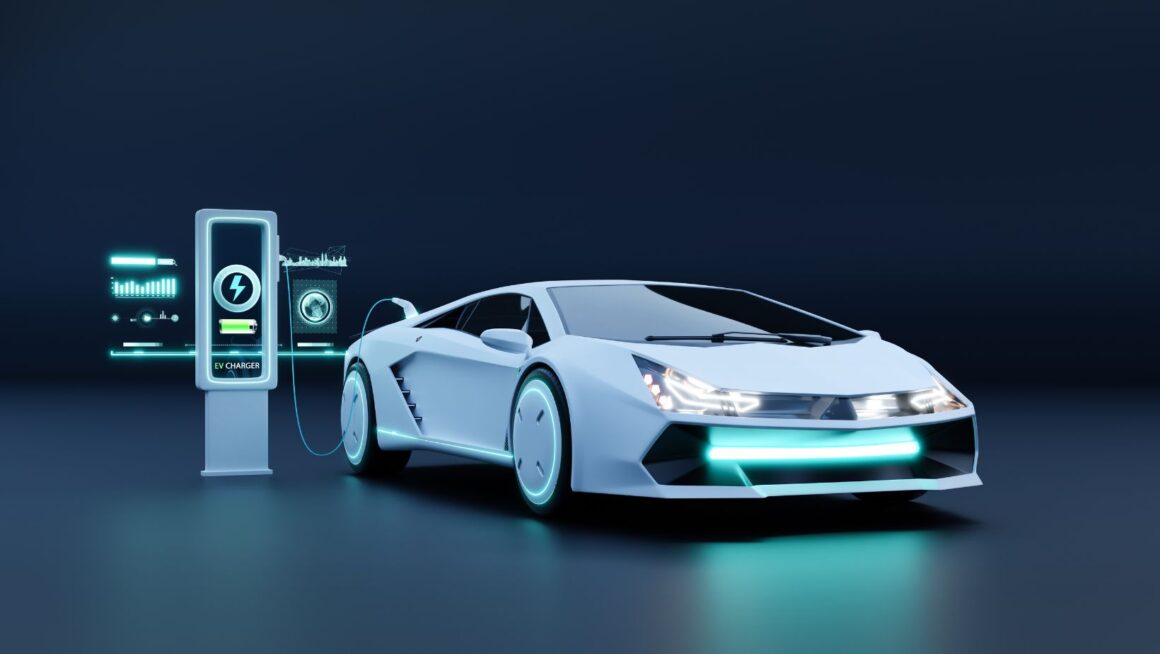Electric cars have sparked a revolution in the automotive industry, promising eco-friendliness, technological advancement, and a glimpse into the future of transportation. Yet, despite their allure, a significant point of contention remains: are electric vehicles (EVs) worth their price tag? In this discourse, we delve into the intricacies of this debate, exploring the factors that justify the cost of electric cars, with a specific focus on the Volkswagen Electric ID.4.
Table of Contents
ToggleThe Rise of Electric Vehicles
The automotive landscape is undergoing a seismic shift, with electric vehicles emerging as the vanguards of a greener, more sustainable future. With climate change concerns looming large and an increasing emphasis on reducing carbon footprints, EVs have swiftly ascended from the fringes to the forefront of the automotive market. Manufacturers, spurred by regulatory pressures and shifting consumer preferences, are investing heavily in electrification, with a plethora of electric models hitting the roads every year.
Volkswagen Electric ID.4: A Paradigm Shift
Among these trailblazers, the Volkswagen Electric ID 4 stands out as a beacon of innovation and progress. Positioned as Volkswagen’s foray into the electric SUV segment, the ID.4 embodies the brand’s commitment to sustainable mobility without compromising on performance or style. Boasting a sleek design, ample interior space, and an impressive range, the ID.4 represents a paradigm shift in the EV landscape.
The Price Conundrum
However, for many prospective buyers, the allure of electric cars is dampened by their seemingly exorbitant price tags. Compared to their internal combustion engine counterparts, EVs often command a premium, eliciting scepticism and hesitation from cost-conscious consumers. The Volkswagen Electric ID.4 is no exception, with its price point placing it beyond the reach of some budget-conscious buyers.
Justifying the Cost
Yet, despite initial sticker shock, a deeper analysis reveals that the price of electric cars is not merely a reflection of arbitrary markup but rather a reflection of their inherent value proposition. Several factors contribute to justifying the cost of electric vehicles, including:

Technological Innovation: Electric cars represent the pinnacle of automotive engineering, incorporating cutting-edge technologies such as regenerative braking, advanced battery management systems, and sophisticated electric drivetrains. The Volkswagen Electric ID.4 exemplifies this commitment to innovation, offering state-of-the-art features that enhance performance, efficiency, and driver experience.
Long-Term Savings: While the upfront cost of electric cars may be higher, they offer significant long-term savings through reduced fuel costs, lower maintenance expenses, and potential tax incentives or rebates. The Volkswagen Electric ID.4, with its efficient electric powertrain and minimal maintenance requirements, presents a compelling case for cost-conscious consumers looking to maximise their investment over time.
Environmental Benefits: Beyond financial considerations, electric cars confer profound environmental benefits, helping to mitigate air pollution, reduce greenhouse gas emissions, and combat climate change. By transitioning to electric vehicles like the Volkswagen Electric ID.4, drivers can play a tangible role in fostering a cleaner, more sustainable future for generations to come.
Navigating Affordability
Acknowledging the financial barriers to EV adoption, manufacturers and policymakers alike are actively working to make electric cars more accessible and affordable to a broader spectrum of consumers. Initiatives such as government incentives, subsidies for EV infrastructure development, and strategic pricing strategies aim to bridge the affordability gap and accelerate the transition to electric mobility.
Looking Ahead
As the automotive industry hurtles towards an electrified future, the debate over the price tag of electric cars will continue to evolve.

While cost remains a significant consideration for prospective buyers, the value proposition offered by electric vehicles, exemplified by the Volkswagen Electric ID.4, extends far beyond mere monetary metrics. As technology advances, economies of scale kick in, and consumer preferences shift, the affordability and accessibility of electric cars are poised to improve, ushering in a new era of sustainable transportation.
Conclusion
In conclusion, while the price tag of electric cars may give pause to some, a holistic assessment reveals that their cost is justified by a myriad of factors, including technological innovation, long-term savings, and environmental benefits. The Volkswagen Electric ID.4 serves as a testament to the transformative potential of electric mobility, offering a compelling blend of performance, efficiency, and sustainability. As society marches towards a greener future, the price of electric cars may become increasingly palatable, paving the way for widespread adoption and a cleaner, brighter tomorrow.



